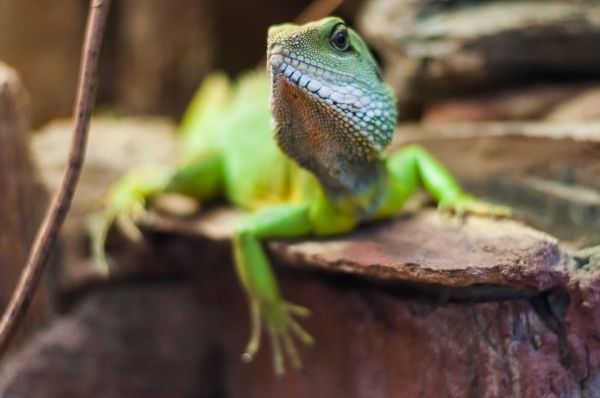Climate change will have a rapidly increasing effect on the structure of global ecological communities over the next few decades, with amphibians and reptiles being significantly more affected than birds and mammals, a new report by UCL finds.
The pace of change is set to outstrip loss to vertebrate communities caused by land use for agriculture and settlements, which is estimated to have already caused losses of over ten per cent.
Previous studies have suggested that ecosystem function is substantially impaired where more than 20 per cent of a species is lost; this is estimated to have occurred across over a quarter of the world’s surface, rising to nearly two thirds when roads are taken into account.
The new study, published today in Proceedings of the Royal Society B, shows that the effects of climate change on ecological communities are predicted to match or exceed land use in its effects on vertebrate community diversity by 2070, and surpass the effects of historical land use.
The findings suggest that efforts to minimise human impact on global biodiversity should now take both land use and climate change into account instead of just focusing on one over the other, as the combined effects are expected to have significant negative effects on the global ecosystem.
Read more at University College London
Photo Credit: DariuszSankowski via Pixabay


